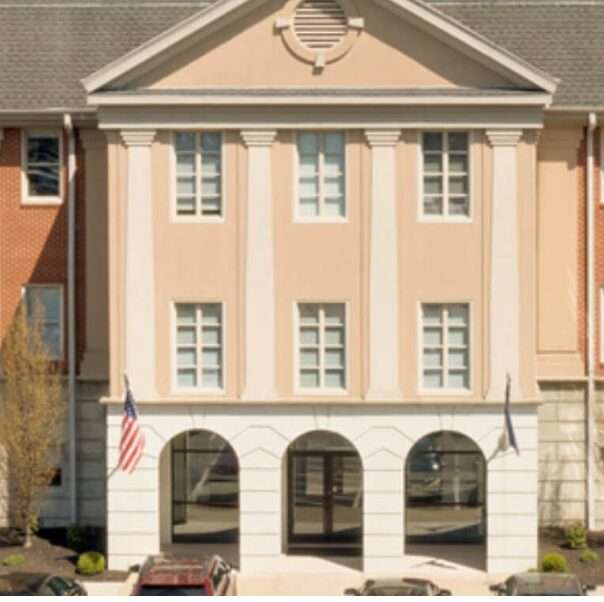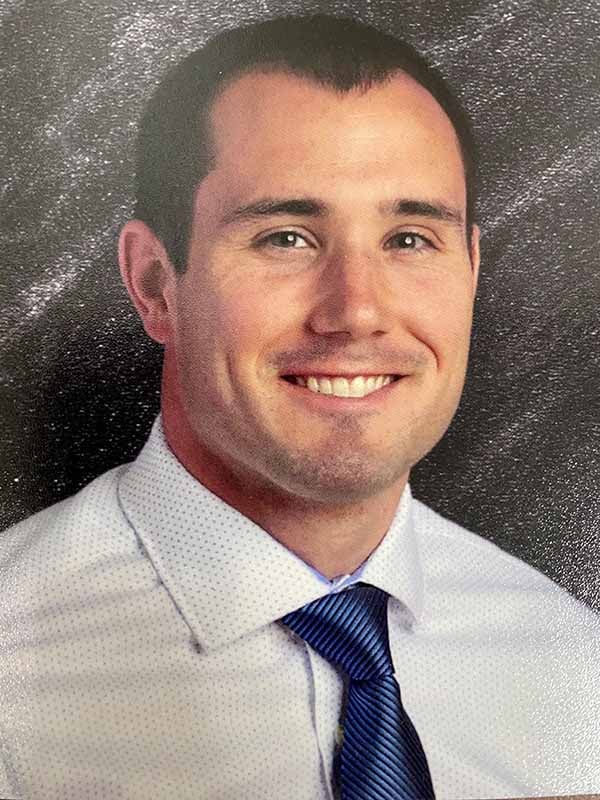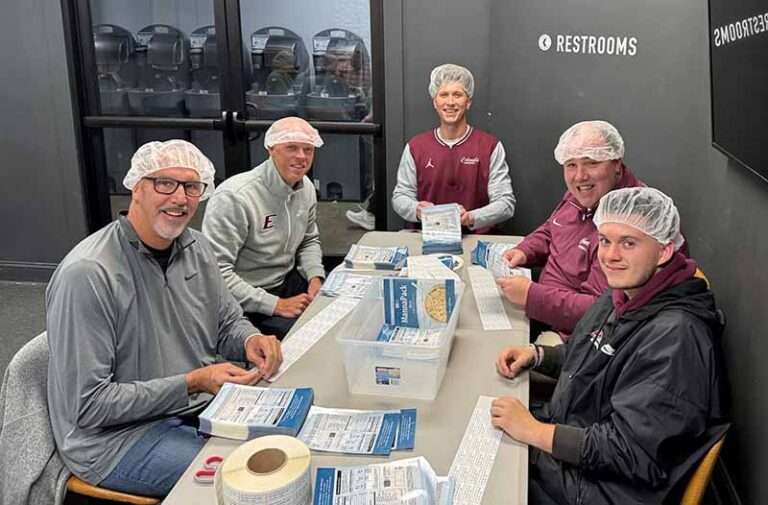It’s still a while down the road, but the year 2033 will be a pivotal one for our country, because that’s when U.S. Census Bureau projects there will be more citizens over the age of 65 than under the age of 18.
It’s not a surprising trend, of course, given the gains we have made in medicine, technology and a greater focus on eating right and exercising. From a historical perspective, however, it’s a relatively new phenomenon. A century ago, less than five percent of our citizens were older than 65; by 2040, they will comprise 20 percent.
The Census Bureau puts Kentucky’s 65-and-older population at roughly 670,000, and that number is on track to climb as more and more Baby Boomers – the 76 million Americans born between 1946 and 1964 – join that demographic.
A graying population presents opportunities and challenges alike. On the positive side, those 65 and older generally have more wealth, and their institutional knowledge and leadership are invaluable resources for our communities. Retirees who volunteer are also a vital resource, with federal statistics showing that each spends nearly 100 hours a year helping others. That’s nearly three times longer than the time spent by volunteers 35 and younger.
The challenge for our country comes in making sure our older citizens have what they need to thrive, from adequate aging and healthcare services to protection from those who would abuse or exploit them.
Over the years, the General Assembly and state officials have worked to ease the burdens our older citizens may face. That includes exempting up to $41,110 in retirement income on state income taxes; establishing sensible rules for assisted-living facilities; creating a “Golden Alert” that lets the public know quickly if a vulnerable adult has been reported as missing; and authorizing the Kentucky Elder Abuse Committee.
Unfortunately, as our population gets older overall, crimes against these citizens are increasing as well. Financially, senior citizens in this country lose almost $3 billion a year to scams and $37 billion to other forms of financial abuse.
The state’s Cabinet for Health and Family Services, meanwhile, said in its latest annual report that there were about 2,000 substantiated cases of physical abuse of Kentuckians 60 and older. About half were determined to be self-neglect, but there were almost 300 substantiated accounts of adult or spousal abuse and another 250 of neglect by a caregiver.
Two years ago, the General Assembly authorized what is called the Caregiver Misconduct Registry, which helps ensure those guilty of abuse in the past cannot provide care or services to vulnerable adults in the future. It’s a free service for service providers that complements background checks, and so far, 51 people have had their names put on this list.
In April, Attorney General Beshear announced that his office would maintain a toll-free tip line around the clock that takes reports of abuse, neglect or exploitation of a patient or resident of a state care facility. Before then, some calls weren’t heard until the next business day.
The tip line also is available to Kentuckians wanting to report Medicaid provider fraud, so if you know of anything related to these two areas, please call that office at (877) 228-7384.
Earlier this spring, the U.S. Department of Justice announced that Kentucky would be home to one of just 10 regional Elder Justice Task Forces. This will bring together state, local and federal prosecutors, law enforcement and agencies that provide services to the elderly, with the goal of cracking down further on those providing substandard long-term care.
At the state level, Kentucky House leaders have established the Task Force on Vulnerable Kentuckians, which is studying issues affecting those citizens who depend on the state most. It’s holding meetings this year in each congressional district.
All of this builds on the work we see every day from those who have dedicated their careers to helping our senior citizens enjoy productive lives and maintain their independence. There are also 735,000 Kentuckians, according to a 2014 legislative report, who are providing care to family members at home rather than having them live in an institutional setting.
Maintaining a high standard of care and services for older citizens promises to be one of the biggest challenges we face between now and the century’s mid-point, and that’s especially true in rural areas that are graying faster than our cities.
We all have a vested interest in getting this right, though, because they are our family and friends and because we all benefit when the “golden years” are truly golden.
If you have any ideas on ways we can improve how the state carries out its role, let me know by writing to Room 329E, Capitol Annex, 702 Capitol Avenue, Frankfort KY 40601; or you can email me at Mike.Denham@lrc.ky.gov.
If you would like to leave a message for me or for any legislator, call toll-free at 800-372-7181. For those with a hearing impairment, the number is 800-896-0305.
I hope to hear from you soon.
I would like to add that this newspaper column was prepared at my direction by legislative staff. I provided information I thought was important and approved it as written.
State Rep. Mike Denham is a Democrat from Maysville and has represented House District 70 (Bracken, Fleming and Mason counties) since 2001.


















